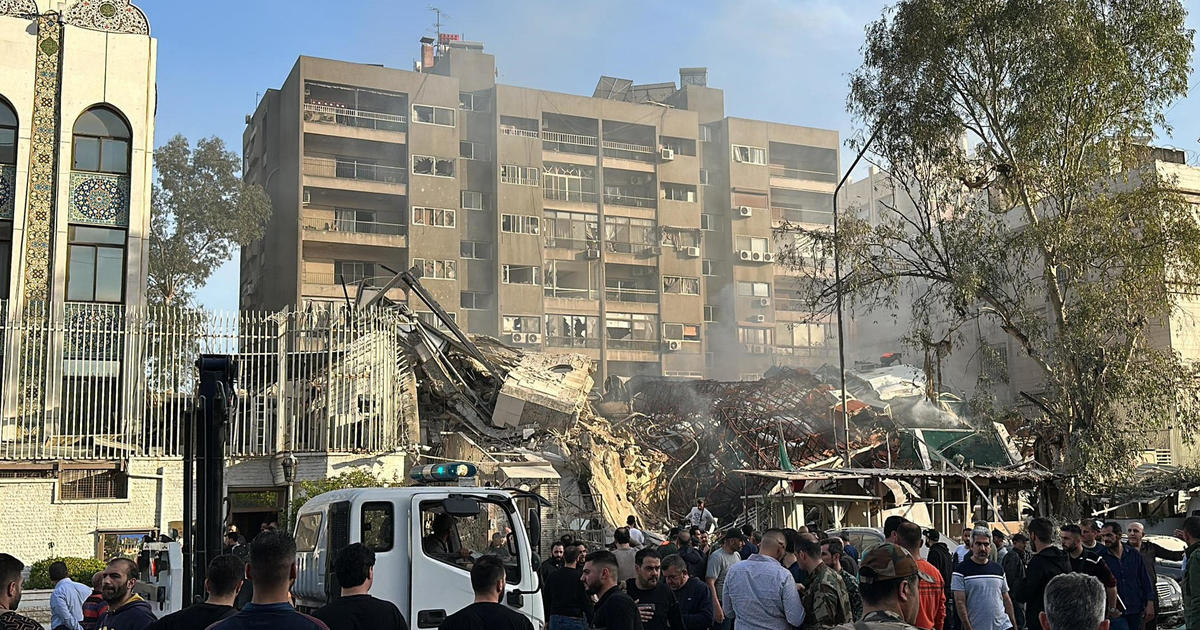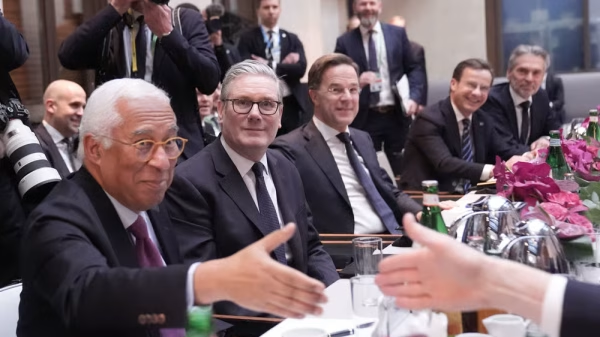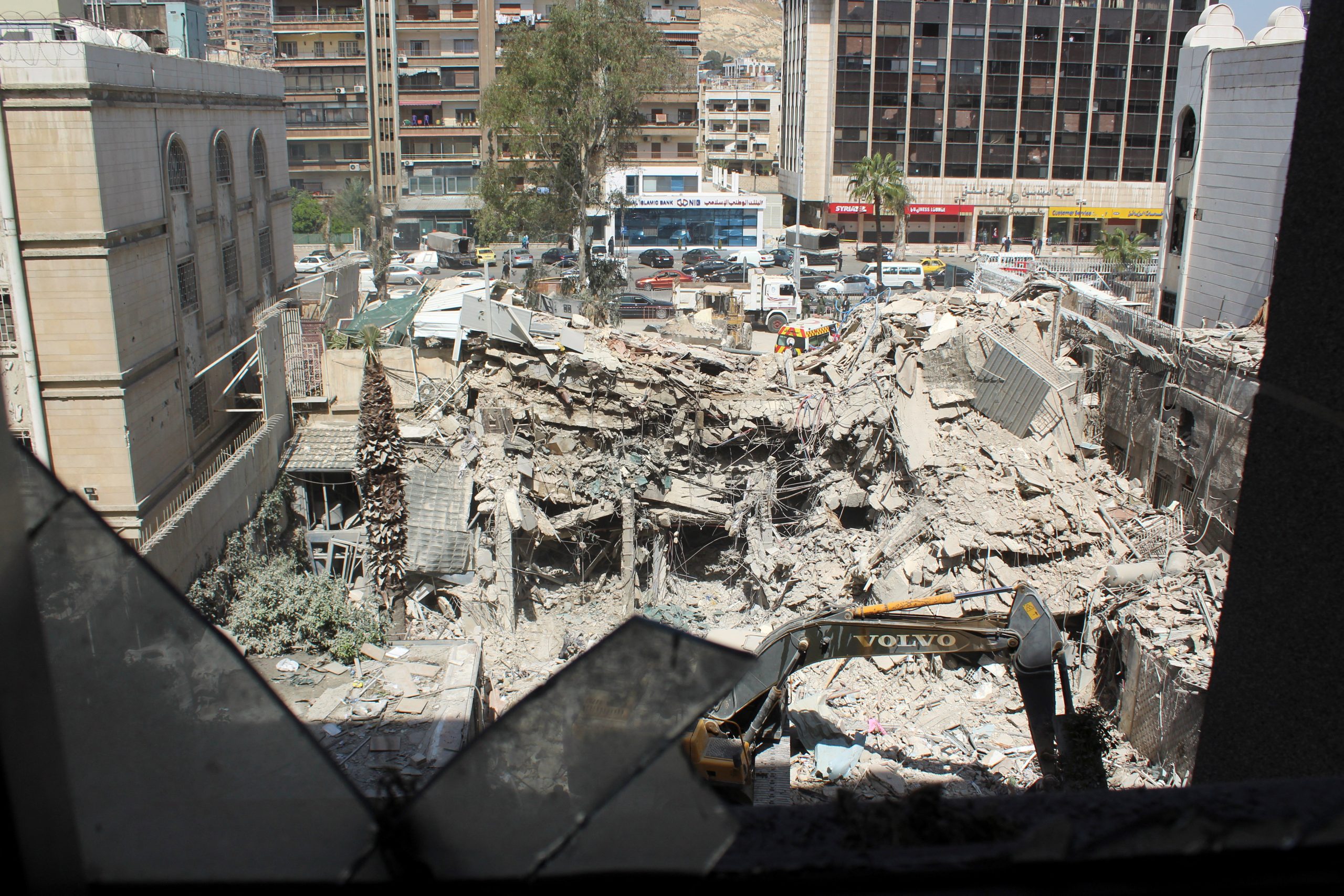The Iranian government is currently on high alert following its missile attack on Israel on October 1, leading to frantic diplomatic engagements with Middle Eastern countries. The primary aim is to assess whether these allies can temper Israel’s potential military response.
Iran’s concerns are exacerbated by the uncertainty surrounding the United States’ ability to dissuade Israel from targeting its nuclear sites and oil facilities. Moreover, the significant weakening of Hezbollah, Iran’s most critical proxy militia, due to recent Israeli military operations has added to Tehran’s apprehension, leaving the country feeling increasingly vulnerable amid regional tensions.
In response to the heightened situation, the United States has initiated discussions with Israel regarding its potential retaliation against Iran. US officials have made it clear that they do not support any strikes against Iranian nuclear installations or oil fields.
President Joe Biden recently communicated with Israeli Prime Minister Benjamin Netanyahu, emphasizing that any response from Israel should be measured and proportional.

Fears of Israeli Retaliation Prompt Iran to Seek Regional Diplomatic Support After Missile Strike
Additionally, Gulf allies such as the UAE, Bahrain, and Qatar have expressed concerns to the US about the ramifications of an attack on Iranian oil facilities, citing possible negative economic and environmental consequences that could reverberate throughout the region.
As tit-for-tat attacks continue between Iran and Israel, the Biden administration is increasingly worried about the potential for these skirmishes to escalate into a broader regional conflict that could involve US interests. Reports suggest that Israel has begun to disregard US calls for restraint, particularly in its military actions in Lebanon, which have resulted in significant casualties.
Recent unilateral military operations, including airstrikes against Hezbollah and the assassination of its leader, have taken place without prior consultation with the US. The lack of a cohesive decision from the Israeli security cabinet indicates ongoing internal disagreements that may affect the overall strategic approach.
Despite the uncertainty, Israel remains committed to addressing its long-standing concerns about Iran’s nuclear capabilities. Defense Minister Yoav Gallant has warned Iran of a powerful and unexpected military response if necessary.
This determination is coupled with the Gulf states’ intent to avoid direct involvement in the conflict, as they have informed both the US and Iran that they will not allow Israel to use their airspace for military operations against Iran. This position illustrates a careful balancing act for the Gulf nations, who are wary of both Iranian aggression and the implications of an Israeli attack.
Iran, seeking to prevent an Israeli strike, is looking to Saudi Arabia for support and has been engaging in high-level discussions with its officials. Foreign Minister Abbas Araghchi’s visit to Saudi Arabia highlights Tehran’s efforts to secure regional backing and address shared security concerns.
As Yom Kippur approaches, a critical observance in Israel, there may be a temporary lull in military operations, but the geopolitical climate remains tense and unpredictable. The international community is closely monitoring the situation, uncertain of how developments will unfold and what impact they may have on regional stability in the days to come.











































